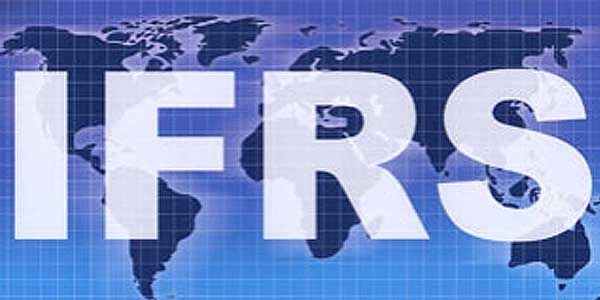SAP IFRS (International Financial Reporting Standards)
Definition - What is SAP IFRS?
Full form or SAP IFRS stands for (International Financial Reporting Standards), Financial reporting is very crucial for every business and has to be done with a high level of accuracy, while complying with all the set standards and regulations. To make things effective and efficient in this aspect, the International Financial Reporting Standards, better known as IFRS, comes into place. IFRS is a set of accounting standards developed by International Accounting Standards Board (IASB), which is an independent and a non-profit organization. It was developed with an aim of providing a framework that can be used globally by public companies and help them in preparing and disclosing their financial statements. SAP IFRS provides a general guidance for the preparation of financial statements for all industries alike, rather than setting separate reporting rules for diverse industries.

The Importance of SAP IFRS
When there is an international standard set for all large companies having numerous branches abroad, the task of financial reporting becomes easier for them. As different countries may have different financial reporting regulations and formats, it may get difficult for the mother company to tally the financial records submitted by the branches. IFRS adopts a single set of world-wide standards that greatly simplifies all the accounting procedures and allows a company to use one style of reporting in all its branches. This maintains cohesiveness and uniformity; thereby making it easier for investors, auditors, and all stakeholders to view the financial features and modules of a company.
The Benefits of Using SAP IFRS
As the business grows globally, it is getting imperative to use IFRS, thanks to the number of benefits that come along with it. These are some of them:
Increase in Flexibility
Though the SAP IFRS (International Financial Reporting Standards) provides a common ground and uniformity to the procedure of financial reporting, it is quite flexible in nature (because of its principles-based philosophy). Since it is not a rule-based philosophy, it is possible for various companies to adapt IFRS according to their situation and arrive at a valuation through different ways. Using this flexible approach, companies can make readable statements that can be understood by one and all.
Cost efficient
Implementing International Financial Reporting Standards would be an advantage to companies of any size, especially for the smaller ones. Since small company have quite a few restrictions on various aspects, as compared to the bigger ones, the impact of IFRS is greater for them. Usually, they have accountants and consultants who help them with making a financial report and this proves to be an additional cost for the company. With IFRS, this cost can be eliminated and the money thus saved can be used for building other useful resources. The incorporation of this framework proves to be quite cost efficient for all companies.
Great comparability
When all the financial reports of a global company speak the same language, it is easy for administrators and investors to compare the reports released at different times across a year. In fact, the comparability features offered by this tool has helped many investors understand where their money is going and how it is faring in return. This helps them in making fruitful financial decisions and experience the exponential growth of their business - all across the world.